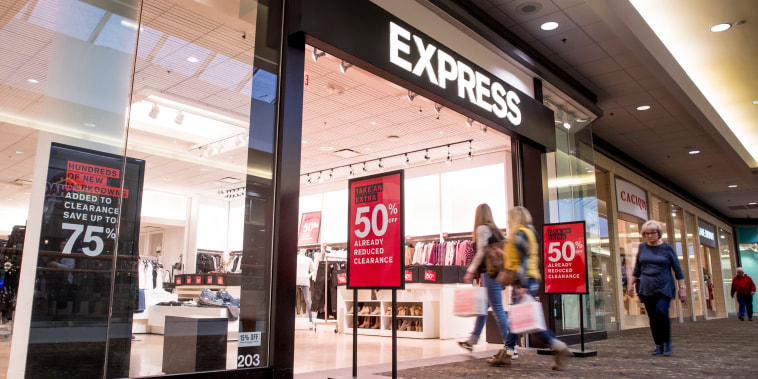In a move that shocked many in the retail industry, Express Inc. recently filed for bankruptcy and announced plans to close nearly 100 of its stores as part of a restructuring strategy. The popular fashion retailer has been struggling in recent years, facing stiff competition from online retailers and changing consumer shopping habits.
Express Inc. is not alone in its challenges, as many brick-and-mortar retailers have faced difficulties in adapting to the digital age. The rise of e-commerce giants like Amazon has forced traditional retailers to reevaluate their business models and strategies in order to remain competitive.
The decision to file for bankruptcy and close stores was a tough one for Express Inc., but it was seen as necessary in order to stabilize the company’s financial situation and ensure its long-term viability. The move is part of a broader restructuring plan that includes renegotiating leases, reducing debt, and focusing on the brand’s most profitable locations.
While the closure of nearly 100 stores is a significant blow to Express Inc., the company’s management remains optimistic about its future. An investor group has expressed interest in acquiring the brand and is actively looking for ways to save it from complete closure. This potential lifeline has given employees and loyal customers hope that the brand may yet survive and thrive in the ever-evolving retail landscape.
Express Inc. is not the first retailer to face financial difficulties, and it likely won’t be the last. As the retail industry continues to evolve, companies must be agile and adaptable in order to stay relevant and competitive. The challenges facing Express Inc. serve as a reminder that no company is immune to the winds of change, and that even once-thriving brands must constantly innovate and evolve in order to survive.
